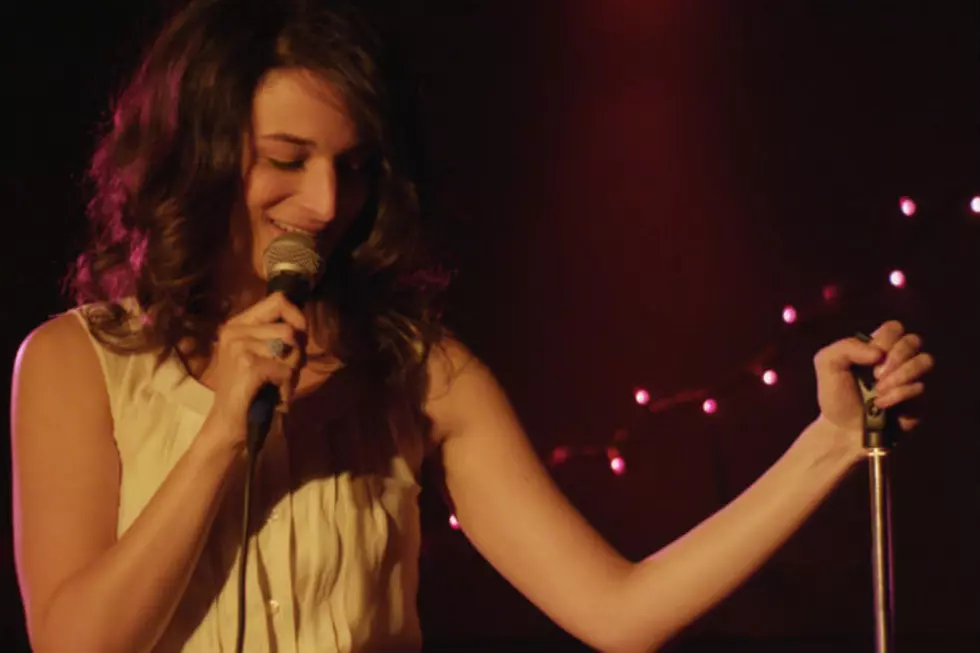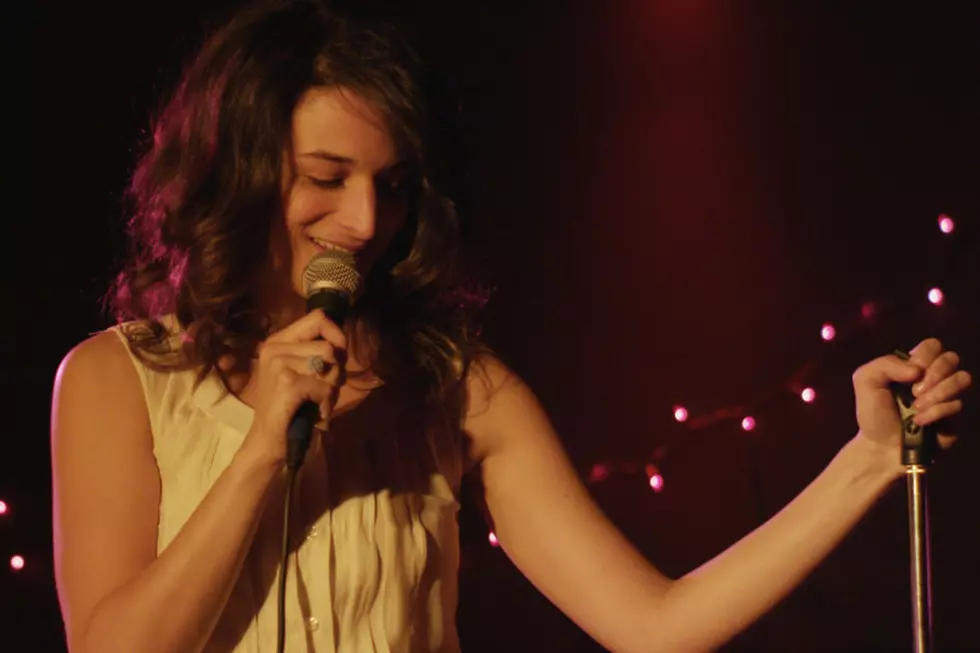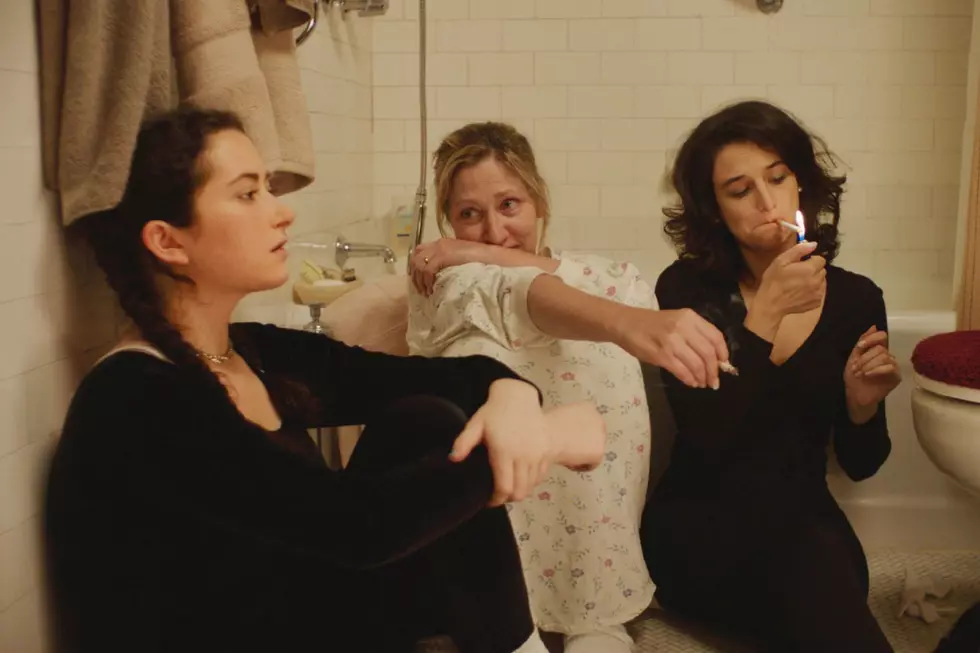
‘Obvious Child’ Review
From 'Knocked Up' to 'Juno,' we've seen how women cope with unplanned parenthood, though they always seem to end with the birth of a child. 'Obvious Child,' however, from writer-director Gillian Robespierre, gives us another and totally relatable option: what if our fumbling heroine decided to get an abortion? And what if that was just totally OK?
Jenny Slate stars as Donna Stern, a comedian who's struggling a bit, having just been dumped by her boyfriend for one of her friends and, thanks to a hasty one-night stand, during which there was definitely a condom involved (although she can't seem to remember if it ever served its intended purpose), she wound up pregnant. To top it all off, the bookstore where she works is closing, stripping her of what little regular income she has. Not exactly the right time to be procreating, you know?
Statistically speaking, abortions shown on television and in film are more likely to result in the death of a patient than in real life, so it's (and I groan even writing this) incredibly refreshing to see an abortion portrayed in a realistic manner. The truth is, many women get abortions and walk away -- physically -- fine. What Robespierre and Slate do with 'Obvious Child' is show us the many complexities of making this concrete and legitimately viable, mature decision. It's actually the most mature decision Donna has ever made for herself, and while she starts off the film with her potty-centric stand-up routine, which devolves into a total anti-comedy, one-woman show about her breakup, she ends the film as a better comedian, woman and human.
There's a delightful frankness about the film, from Slate's early stand-up routine as Donna, in which she discusses bodily functions and the honest state of a woman's underwear at the end of the day (this alone is enough to be thankful for the film's existence, seriously), to the way Donna and her best friend Nellie (Gaby Hoffmann) and later her mother (Polly Draper), discuss the decision to have an abortion, their personal experiences, and what that choice means to them years after the fact.
And yeah, OK, it's a "very important" film, especially given our current political climate, but it's not a big message movie. 'Obvious Child' is a film that seeks to speak to the honesty of humanity, and for Robespierre and Slate, that means just being emotionally and even physically upfront about Donna and her story, warts and faults (and farts) and all.
Don't misunderstand, this isn't an abortion film or even the abortion film. At its heart, it's actually a romantic dramedy about a hilarious, messy-headed girl who doesn't quite have her life together and, surprise, meets a boy. That boy doesn't seem right for her -- he's too clean and nice and responsible, and, in a funny turn of events, he's somehow knocked her up. But beyond just the relatable abortion angle, there's plenty more with which to empathize: the way Donna sits outside her ex's apartment, telling herself she can't leave until a certain moment; the way she and her one-night stand, Max, each struggle to figure out how to communicate with one another in the early stages of a non-relationship after a single hook-up, with all the awkward run-ins and stutters and misunderstandings that entails; and just Donna, as a human being, with all her little tics and flaws, and her relationships between herself and her friends and her family.
Robespierre and Slate have created something truly special with 'Obvious Child,' a film that takes all the conventional beats and elements of a rom-com and makes the alternative to every story we've ever seen. In doing so, they've created something so much more wonderful and interesting.
'Obvious Child' screened at the 2014 SXSW Film Festival.
More From ScreenCrush









